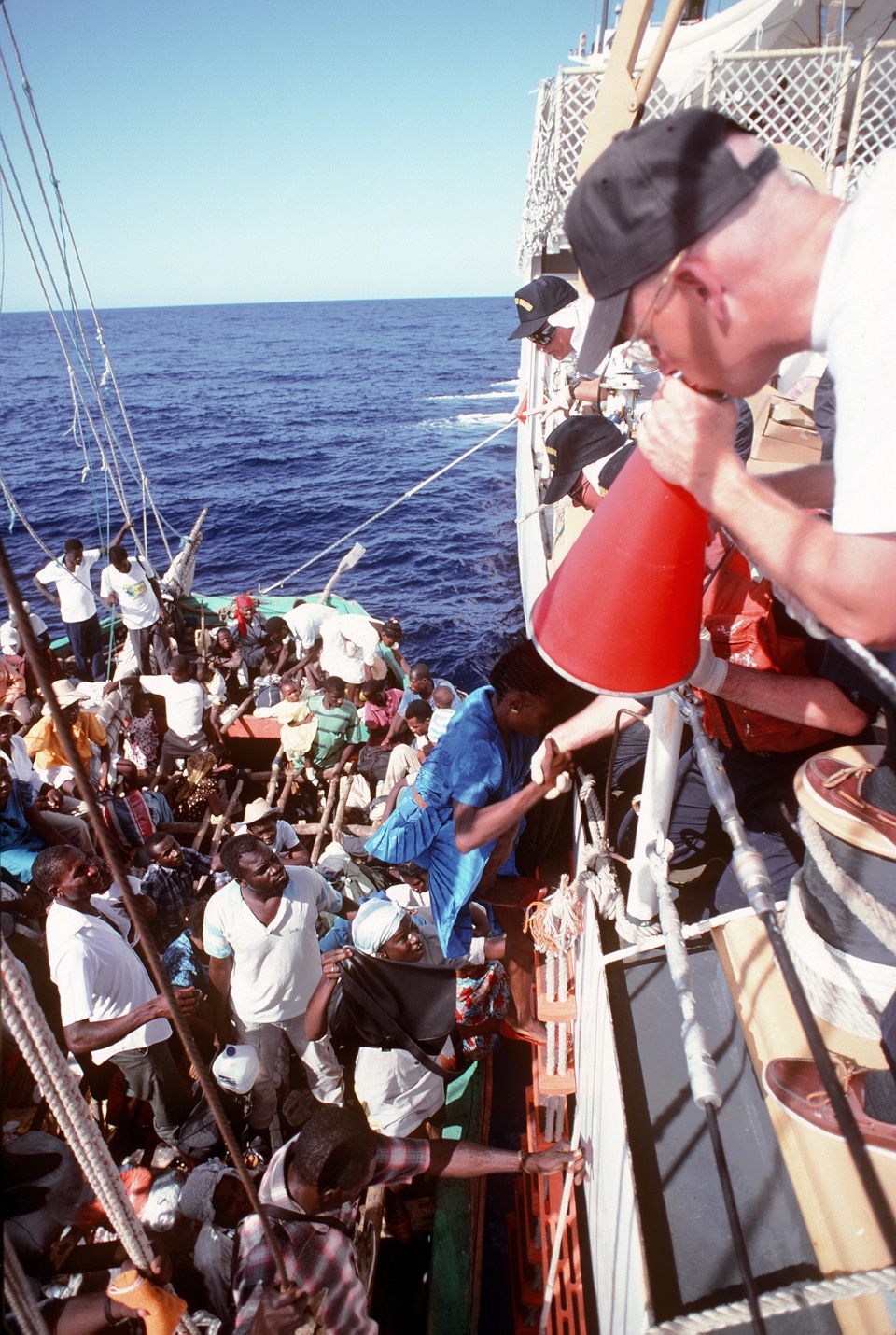The gross treatment of Haitians in Guantánamo remains an appalling chapter of the site’s history. It featured everything that goes against American ideals. The fact that the United States has continuously exploited the legal black hole of Guantánamo is perplexing – why would a country that espouses liberty and freedom treat people so inhumanely?…
Read moreGuantánamo Public Memory Project
Category: National Dialogue and Traveling Exhibit
A Future Without a Past?
National Dialogue and Traveling Exhibit
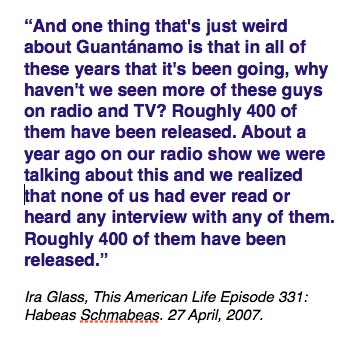
I remember hearing this episode of This American Life when I was in high school, in 2009. However it was not until I came across its transcription in the Guantánamo Public Memory Project files that I recalled any of its content. As I re-listen to it, I recall the sense of utter hopelessness I felt as…
Read moreGrowing up at Guantánamo
National Dialogue and Traveling Exhibit
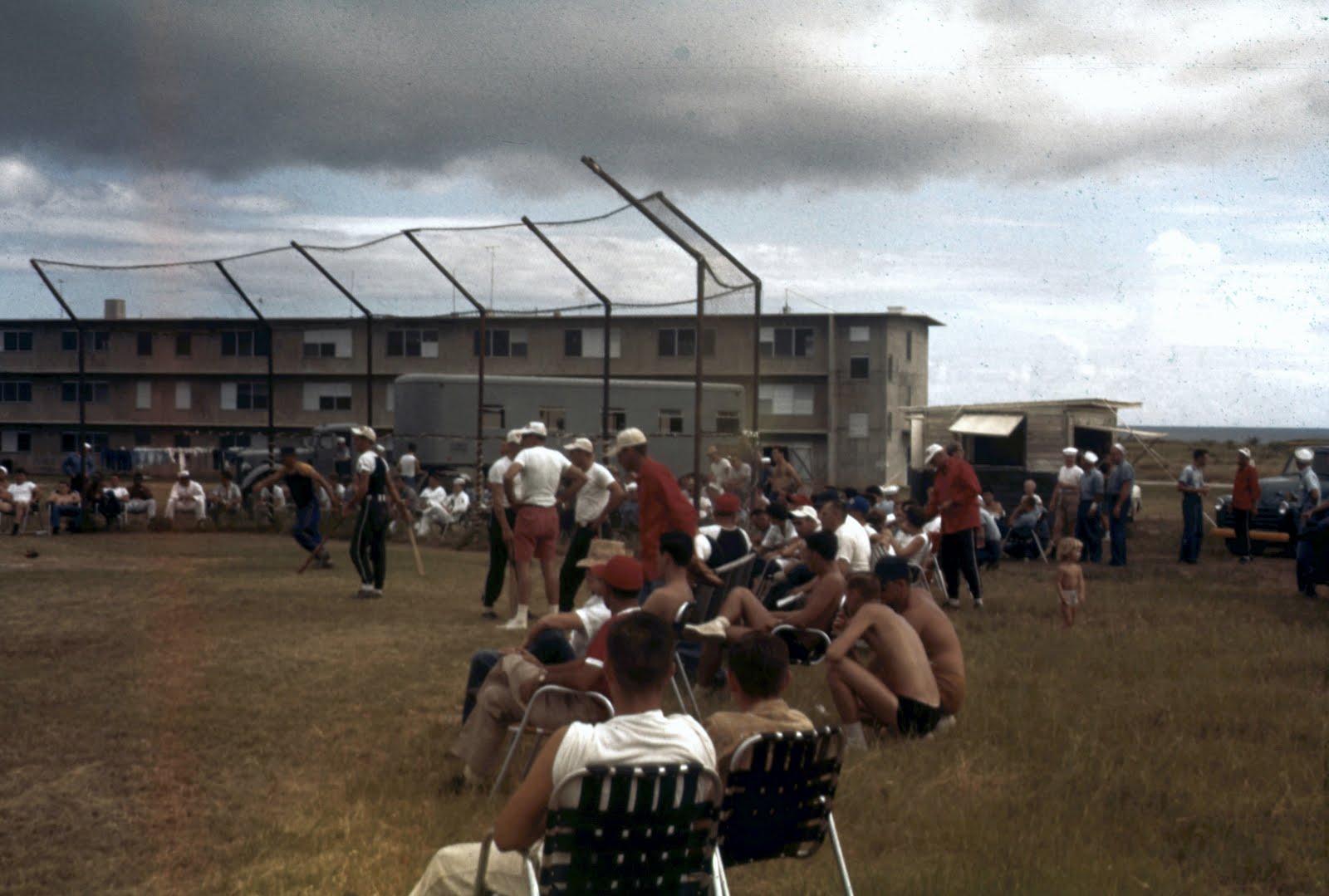
I was unaware of the history of Guantánamo Bay before starting this project; I had only heard of its modern status as a detainment camp. I was surprised to learn about its past history as a military base and of the families that lived on the base for many years. It was a community and…
Read moreDifference between Enemy Combatants and Prisoners of War
National Dialogue and Traveling Exhibit
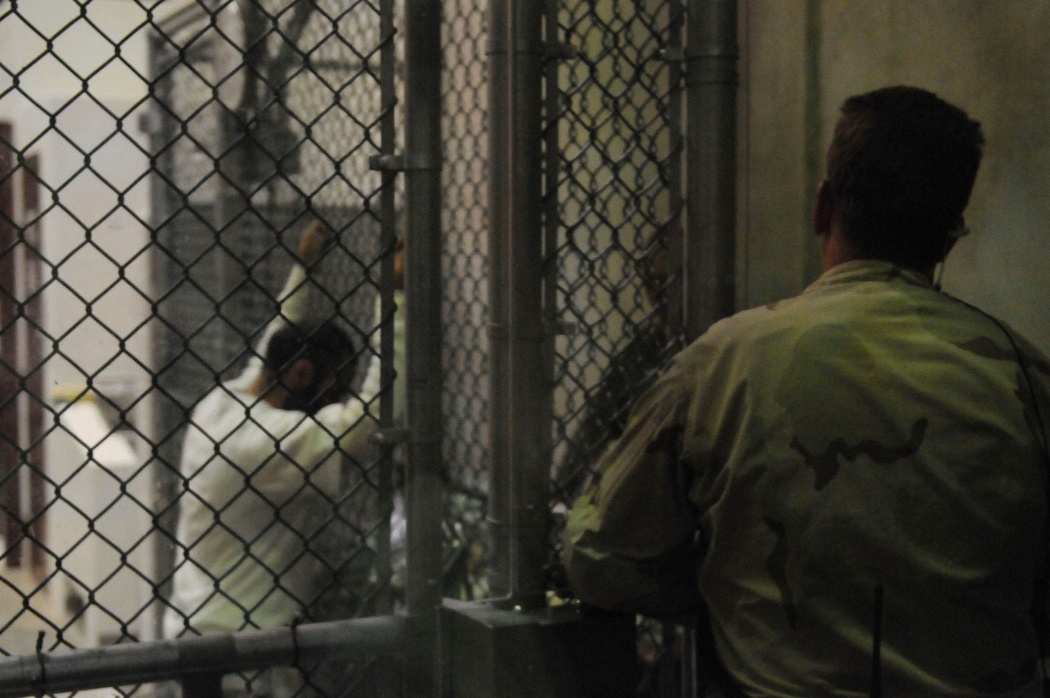
After the Spanish-American War, in 1903 the U.S. leased Guantánamo Bay, 45 square miles, from Cuba. The U.S. used Guantánamo Bay as a naval station. After the September 11, 2001 attack, the U.S. declared a “War on Terror.” The war on terrorism was a worldwide effort. The main targets were Al-Qaeda and the Taliban. The U.S.…
Read moreStates of Exception: Not Exceptional
National Dialogue and Traveling Exhibit
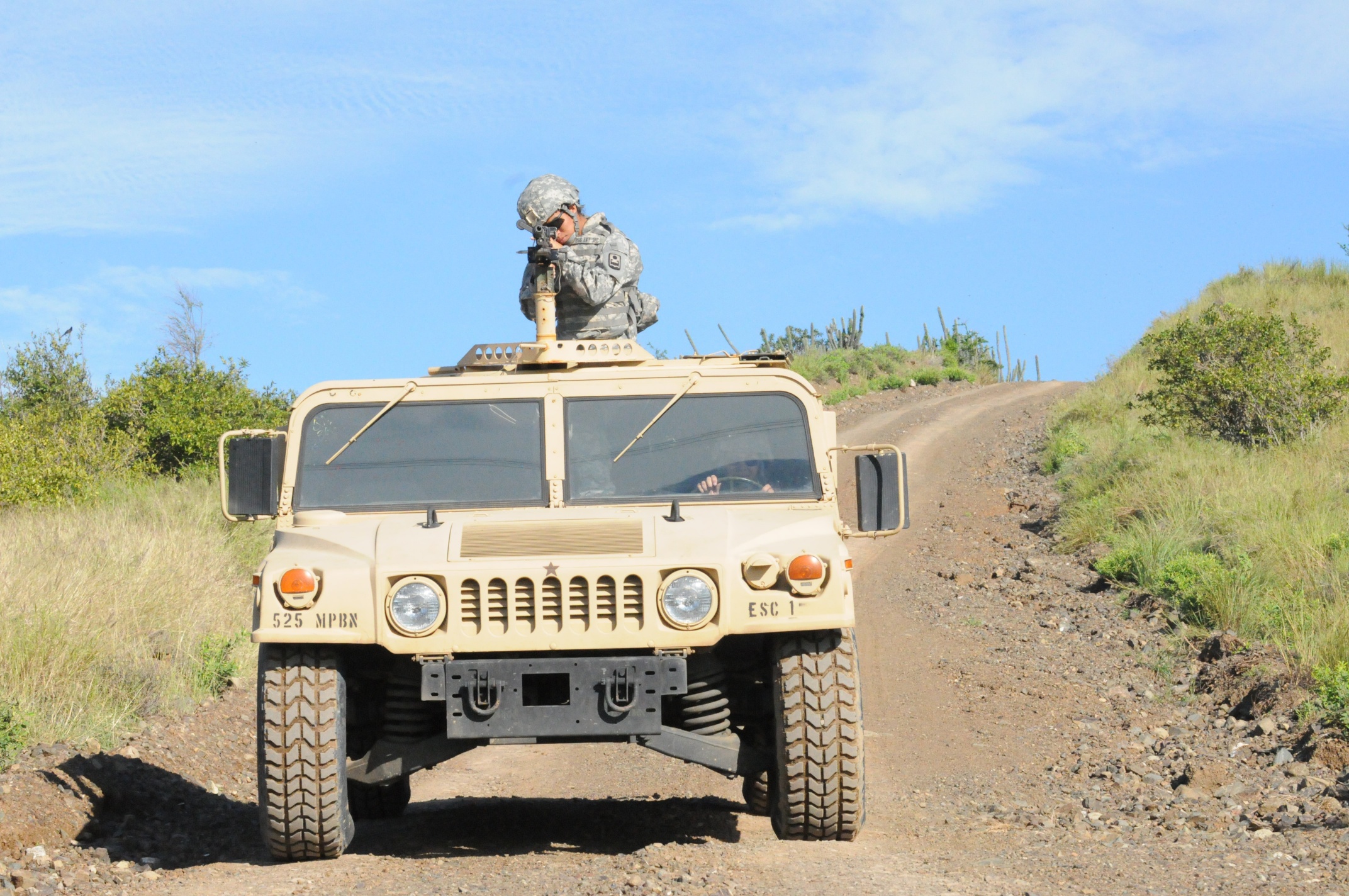
Guantánamo exists as a “state of exception” which has legitimated extraordinary policies, practices, executive measures, and laws since the US signed the lease agreement with Cuba in 1903. The lease gives Cuba sovereignty but grants the United States absolute jurisdiction over the land. This lease can only be revoked if both countries, namely the U.S.,…
Read moreThe Spanish-Cuban-American War
National Dialogue and Traveling Exhibit
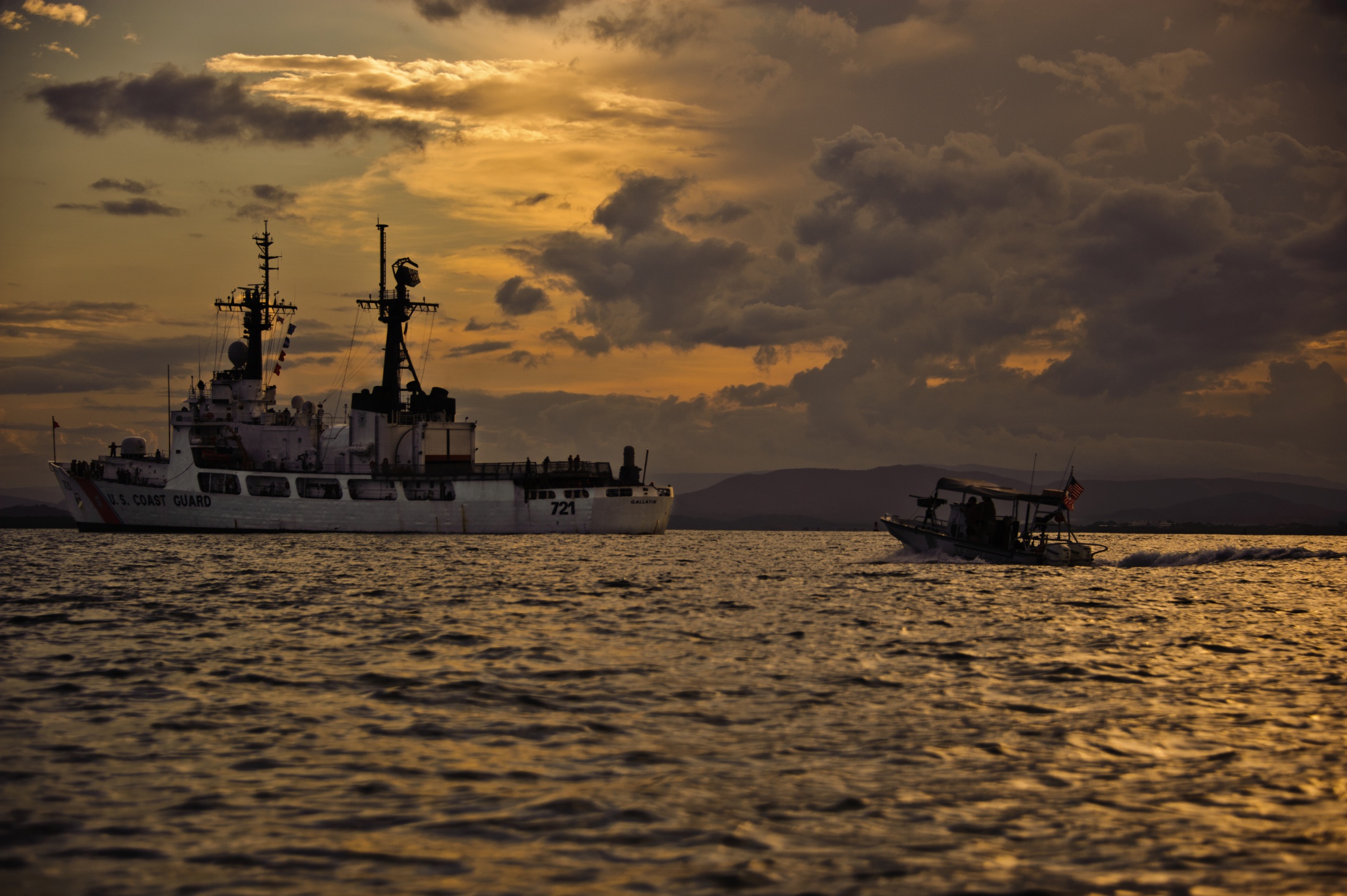
Beginning in 1895, Cuban revolutionaries began a war against Spain, their colonial power, in an attempt to become an independent nation. After having organized a new government, written a new constitution, and brought Spain to the brink of defeat, Cuba welcomed the United States’ entrance into the war on the revolutionary side in 1898. Together,…
Read moreAn American Concentration Camp
National Dialogue and Traveling Exhibit
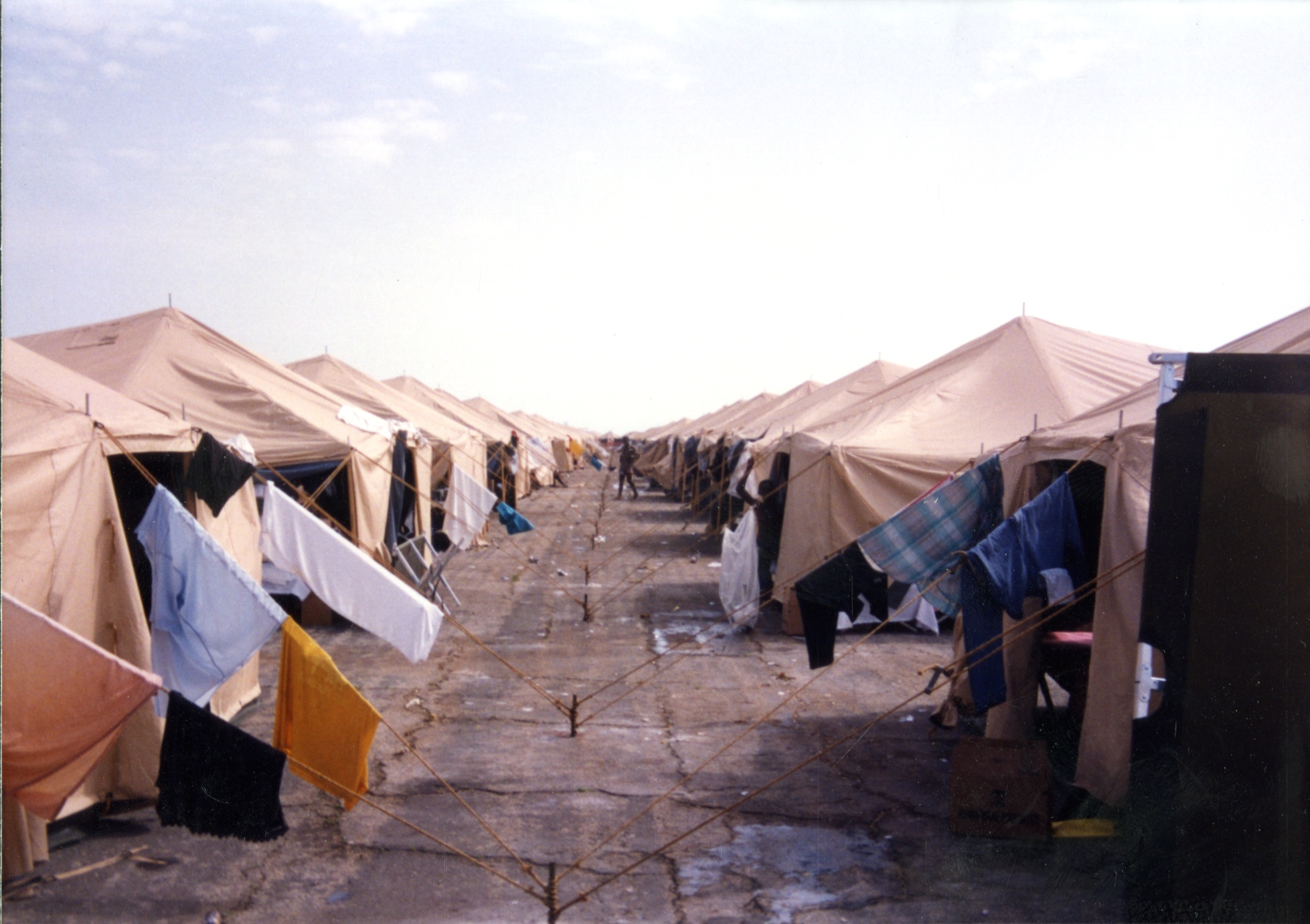
Concentration camp: A camp where persons (as prisoners of war, political prisoners, or refugees) are detained or confined; Internment center by a government to confine political prisoners or members of national or minority groups for reasons of state security, exploitation or punishment. Concentration camps in the Western world, I thought, were sites of human rights…
Read moreThe Historical Production of Silence at Guantánamo
National Dialogue and Traveling Exhibit
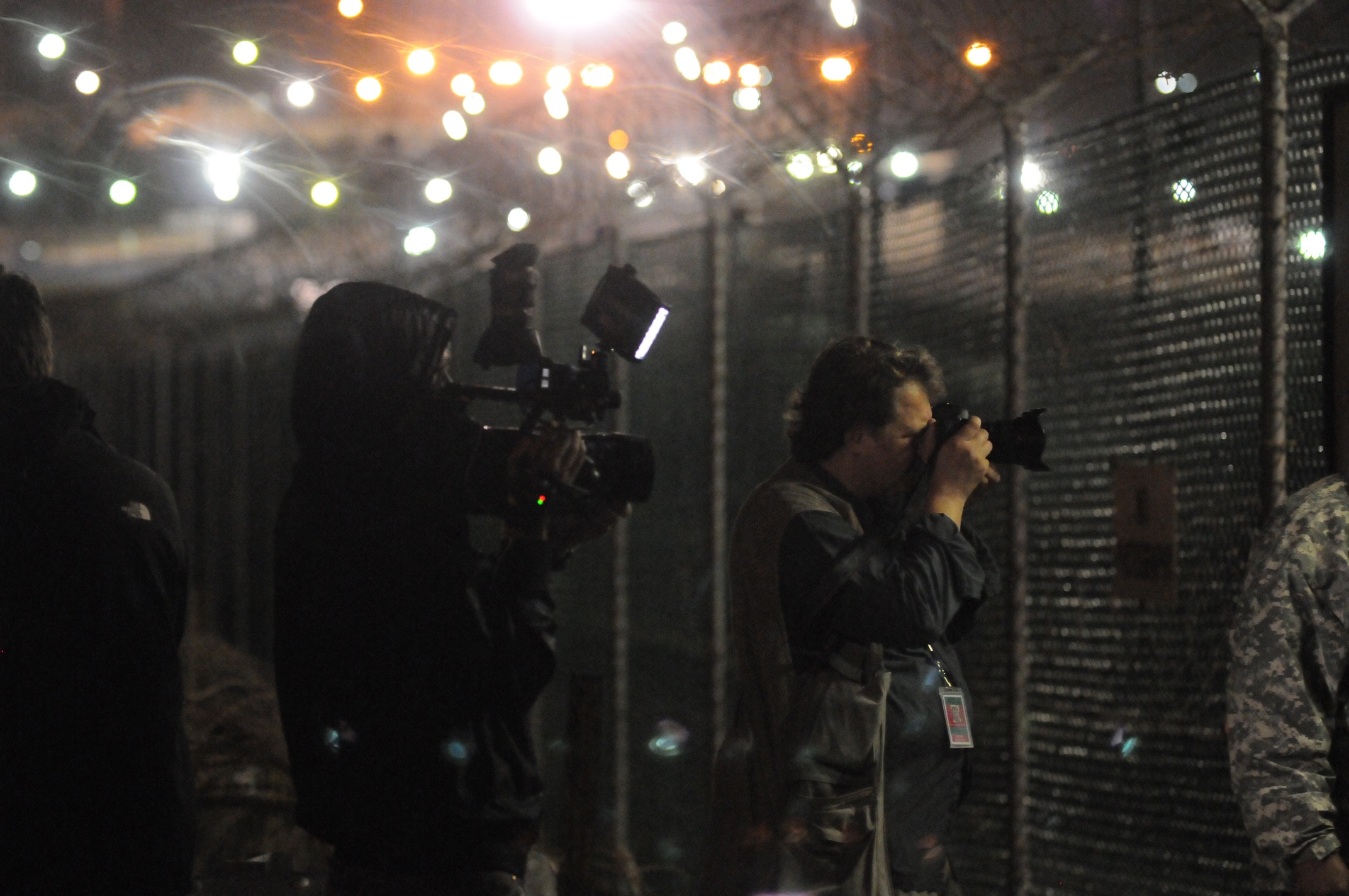
It is perhaps fitting that this post is being written on the day memorialized as the “discovery” of the New World by Christopher Columbus. The celebration of Columbus’ landing has less to do with historical truth and is, instead, an essential cornerstone in the construction of the narrative of American exceptionalism. Haitian scholar Michael-Rolph Trouillot,…
Read moreLonging for Home
National Dialogue and Traveling Exhibit

My first memories of Guantánamo are from the Haitian refugee crisis in the 1990s. As a kid I imagined how those people must have felt searching for a better life in the United States only to be held at this military base, uncertain of when they would be released. At that time I was…
Read more“Persons” verses “People”: How Semantic Gymnastics Have Made Guantánamo a Legal Black Hole
National Dialogue and Traveling Exhibit
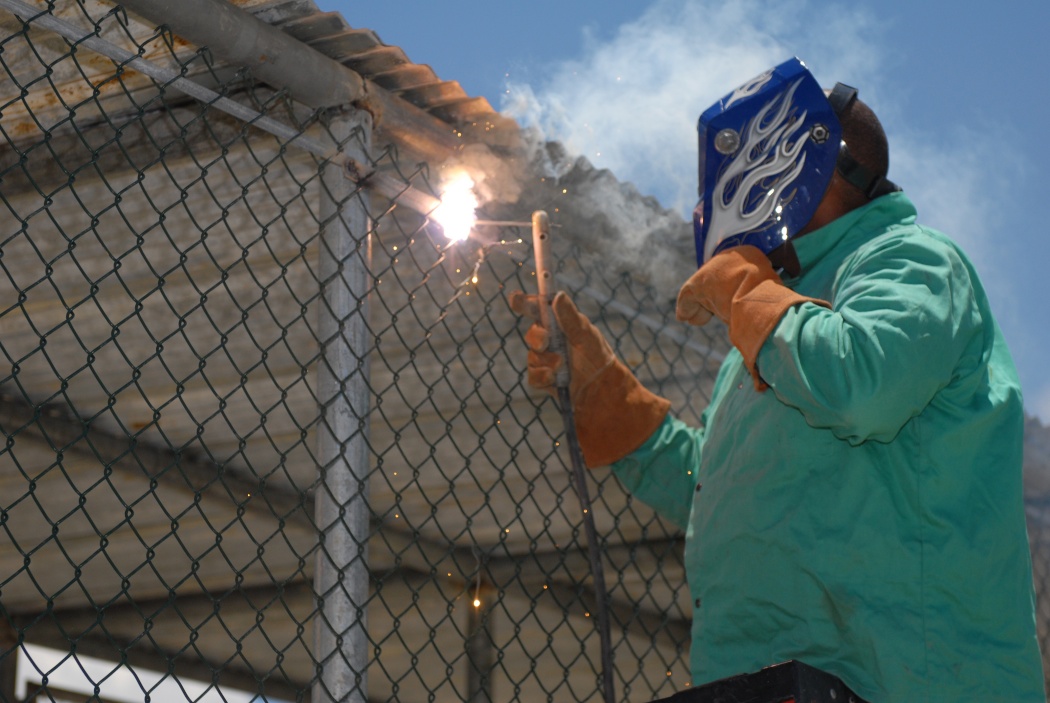
The naval station at Guantánamo Bay presents a number of complicated questions concerning human rights, international relations, and the United States constitution. The bay is located on the Southeastern tip of Cuba and has been leased by the United States since 1903. The lease gives the United States sovereignty over the territory––the land is American…
Read moreCreative: Picture Projects & Tronvig Group

